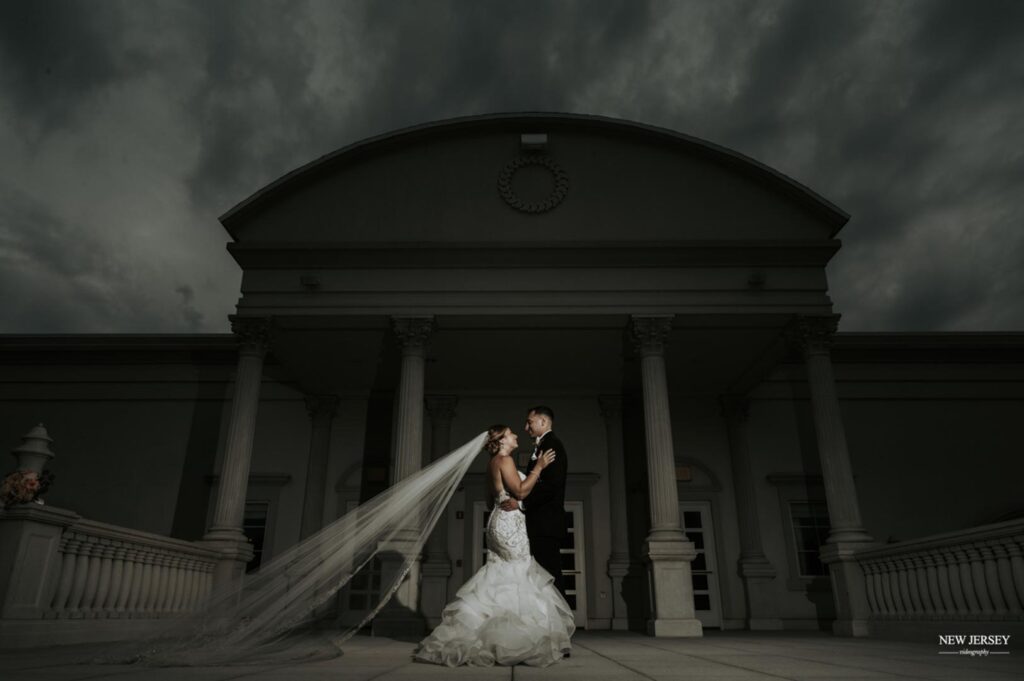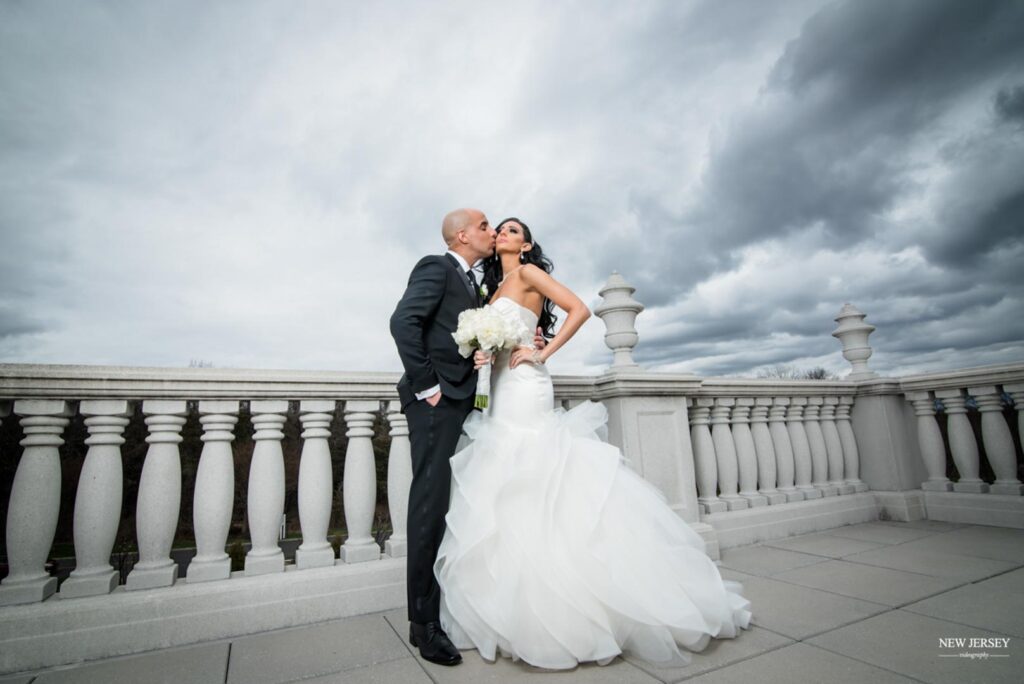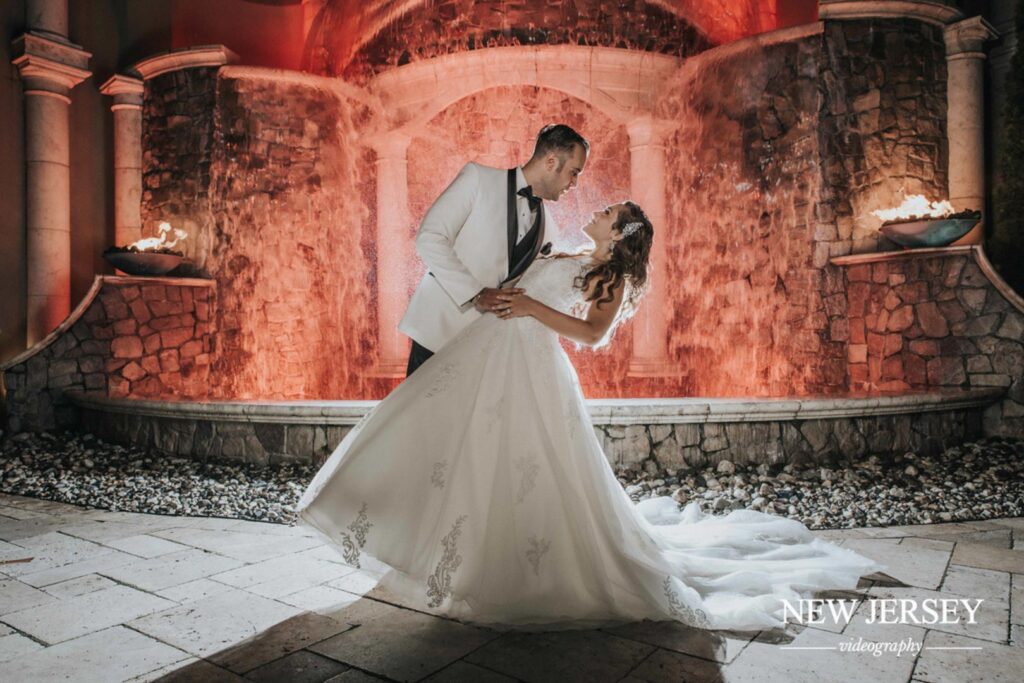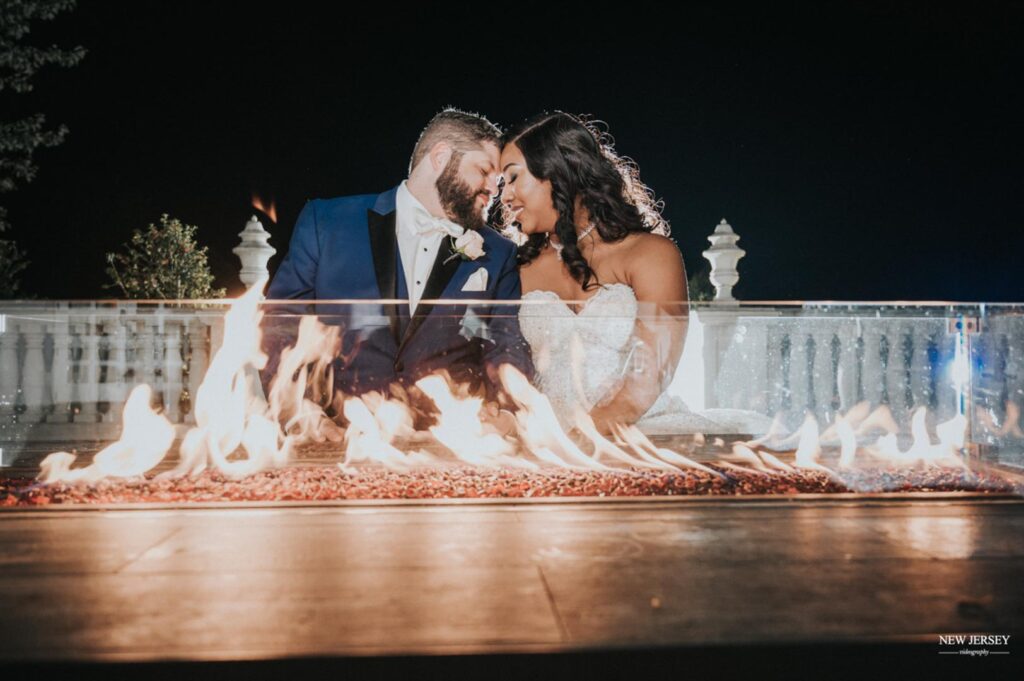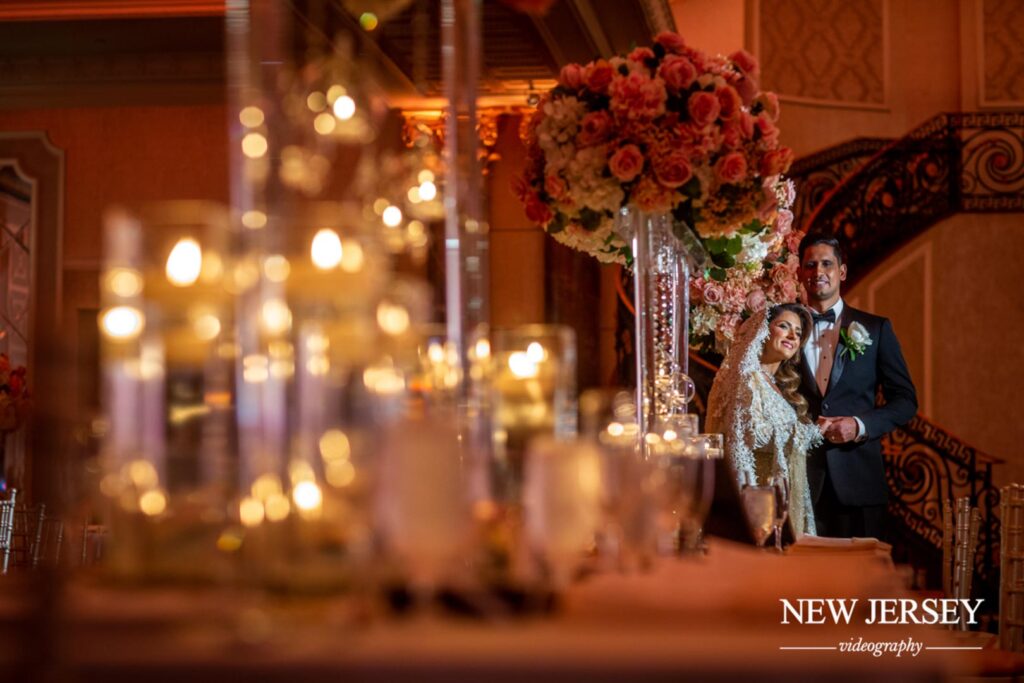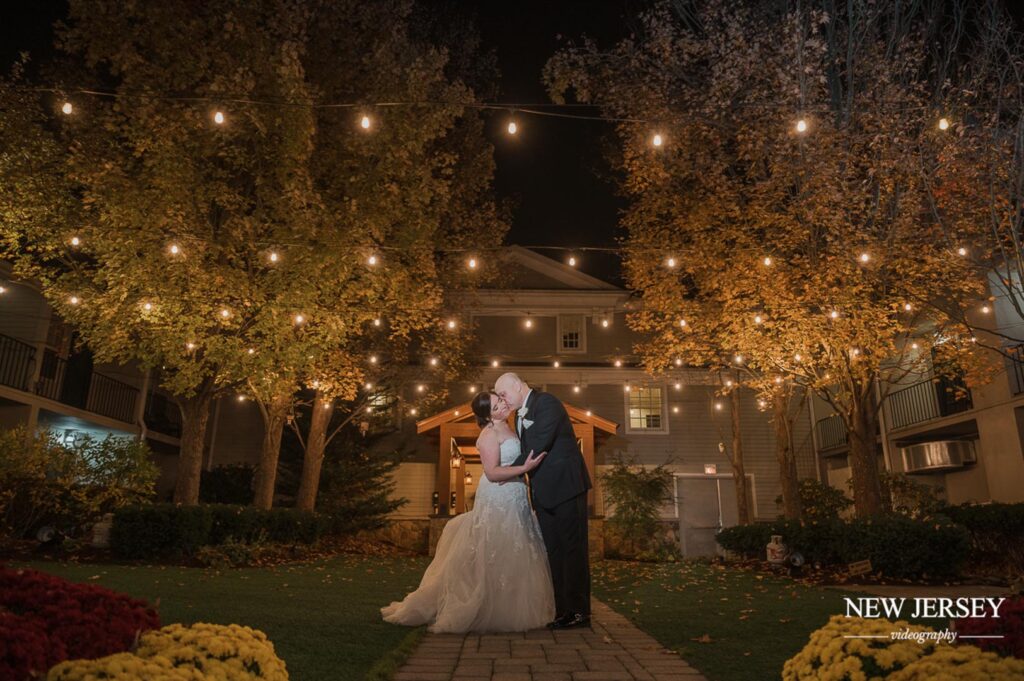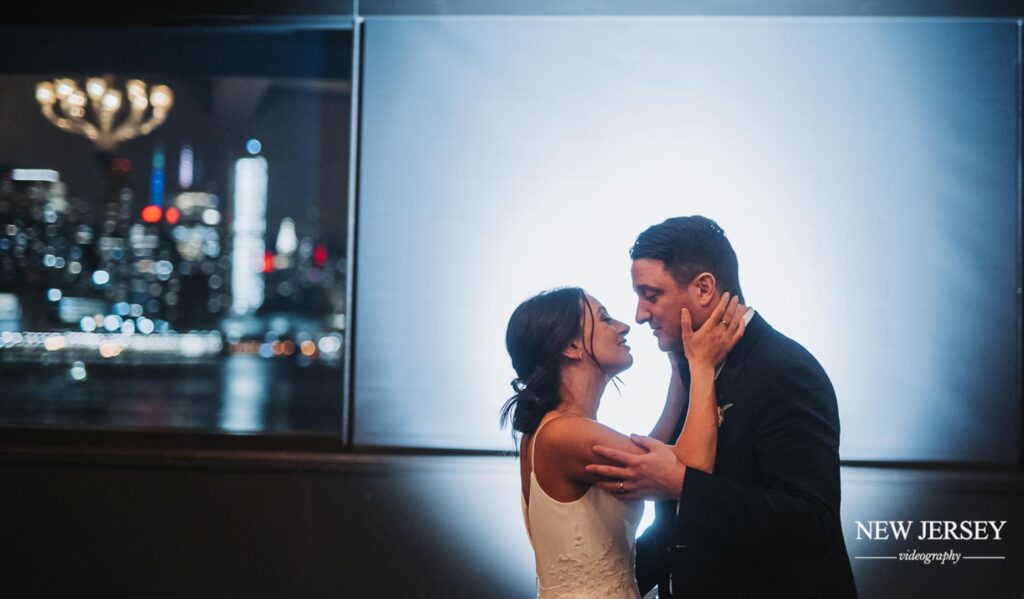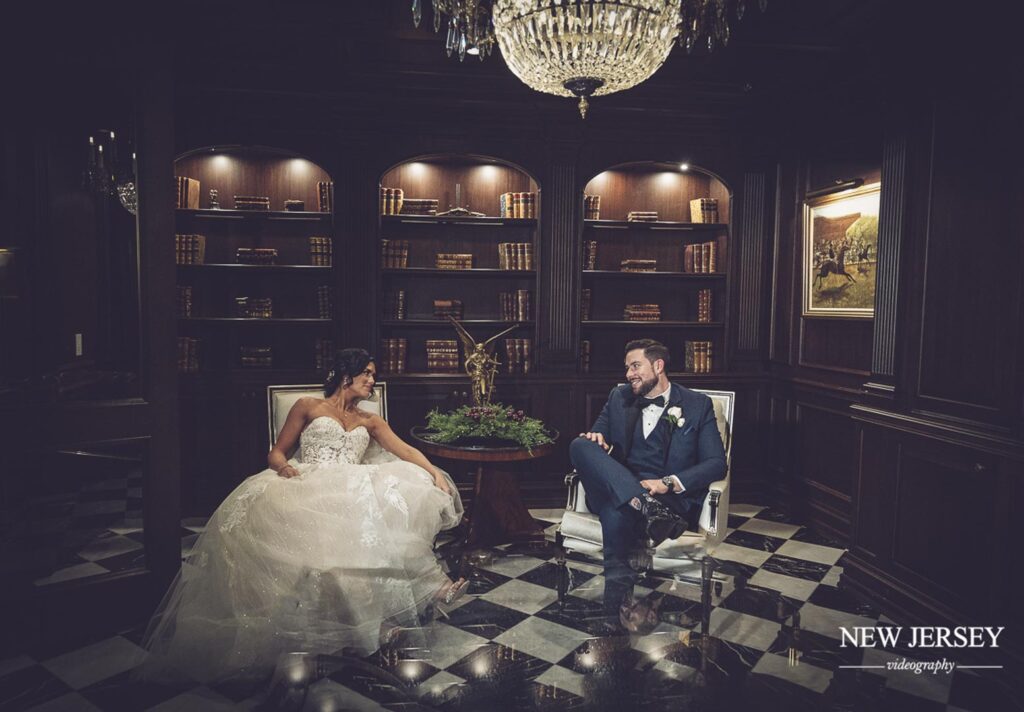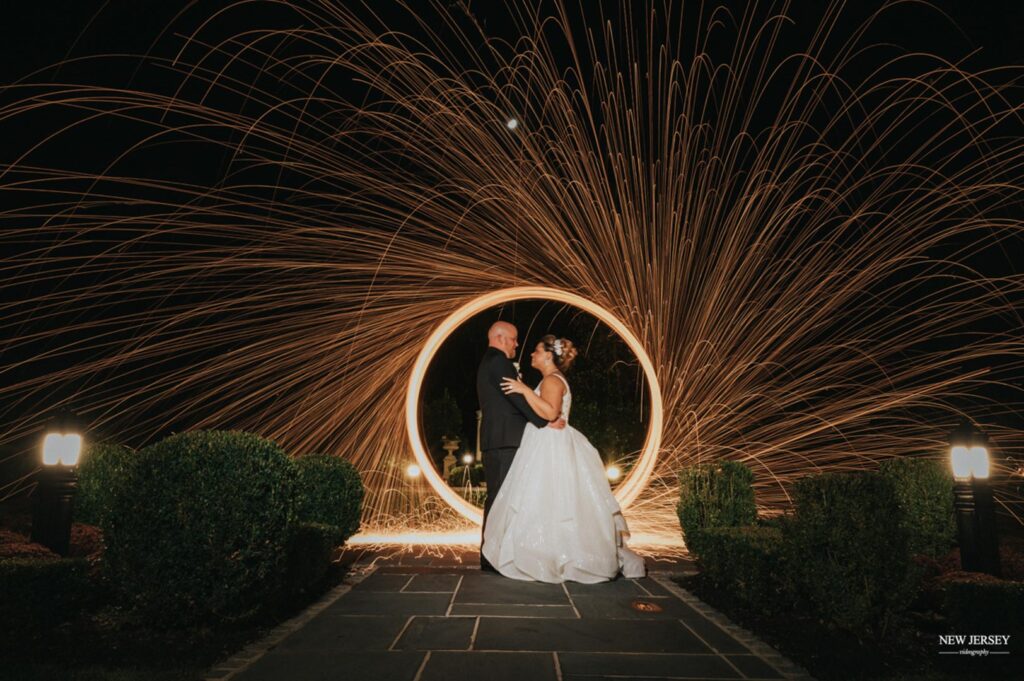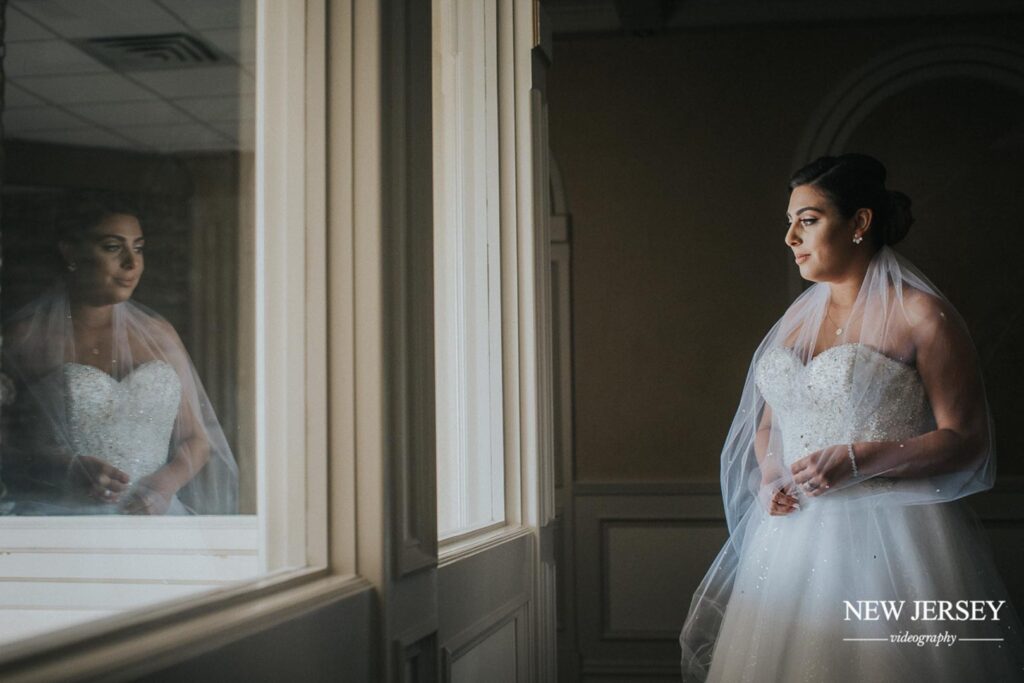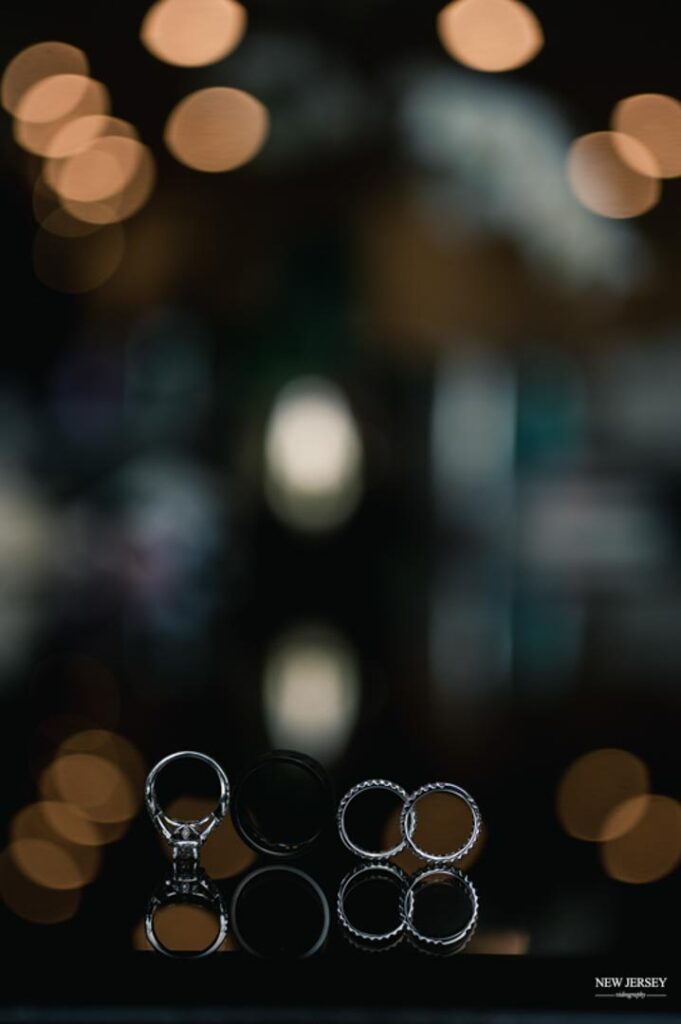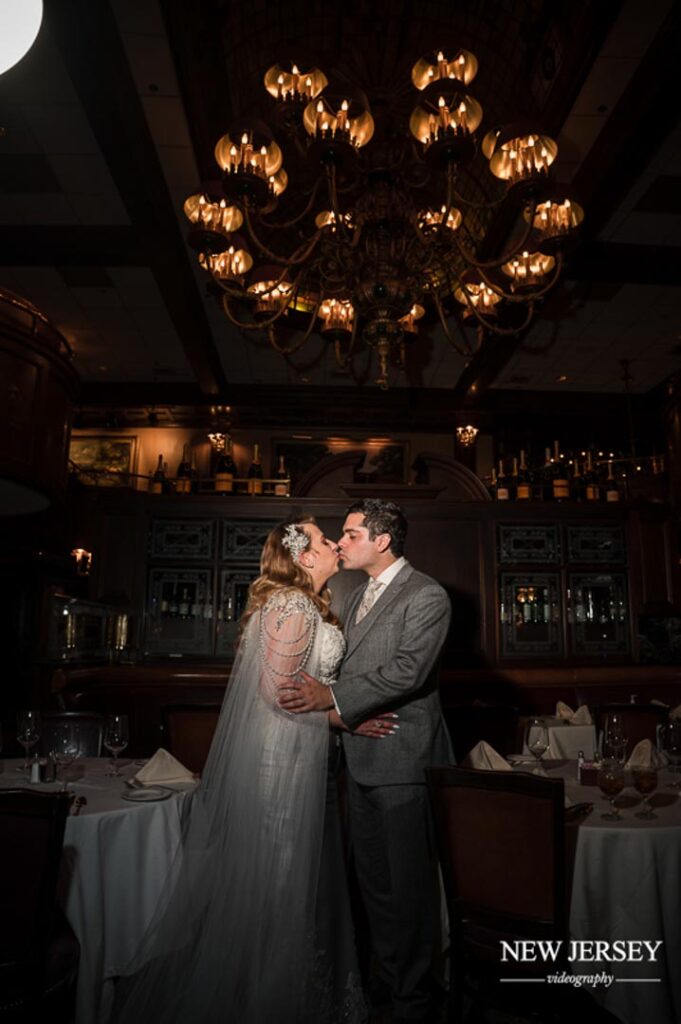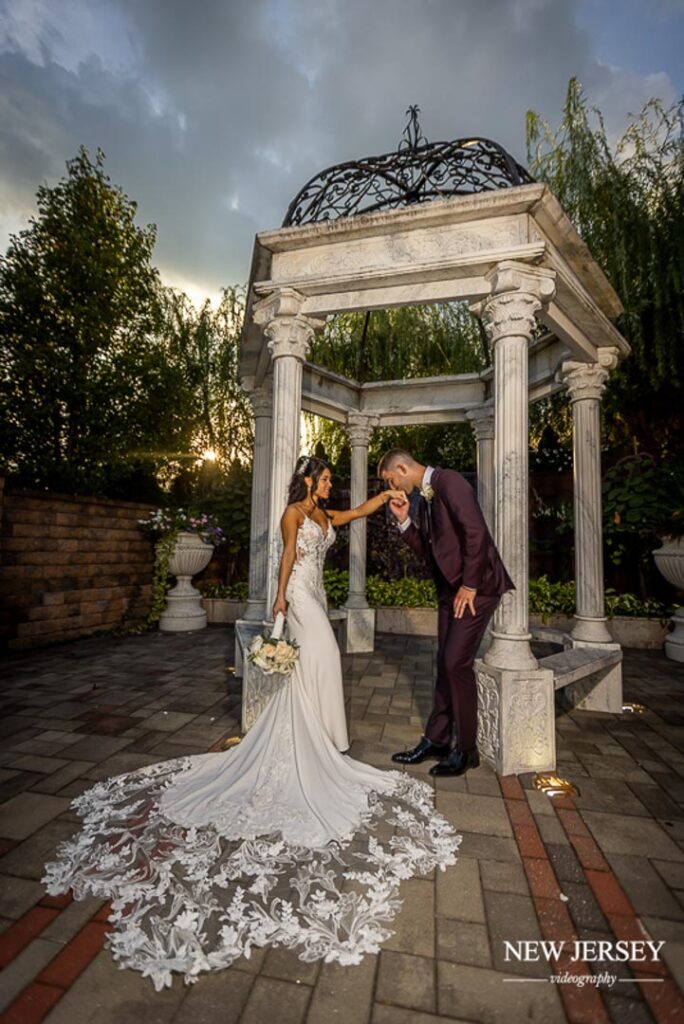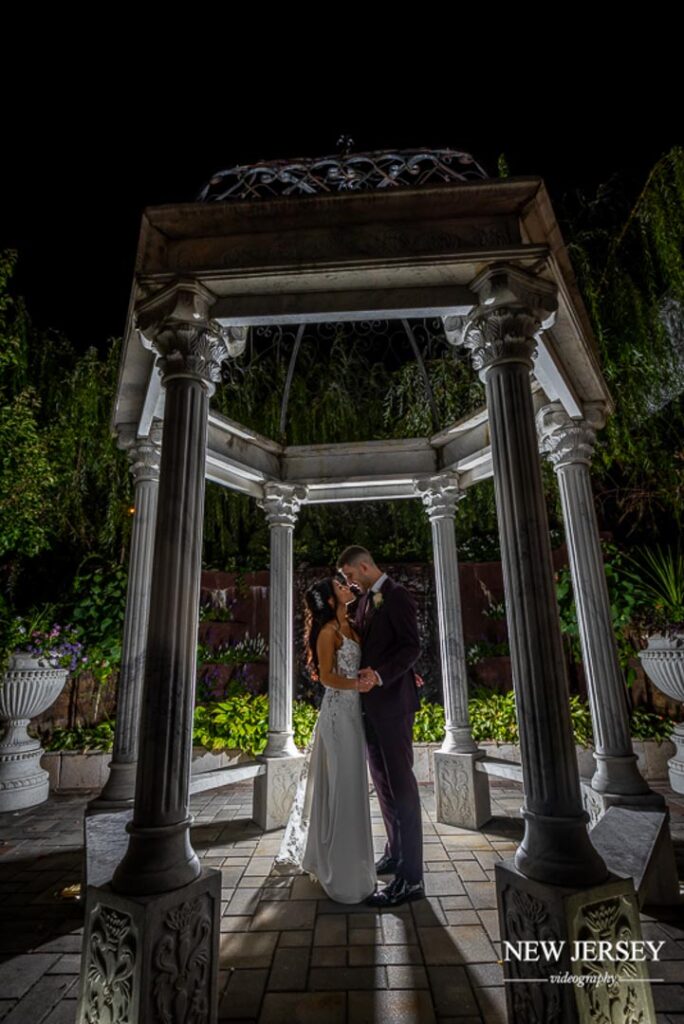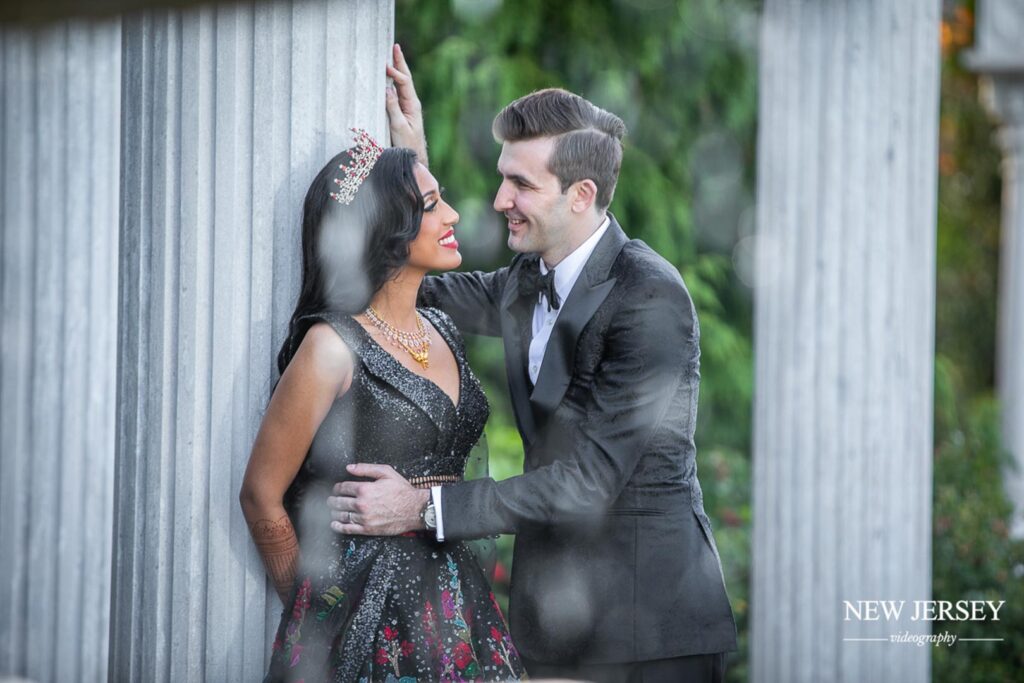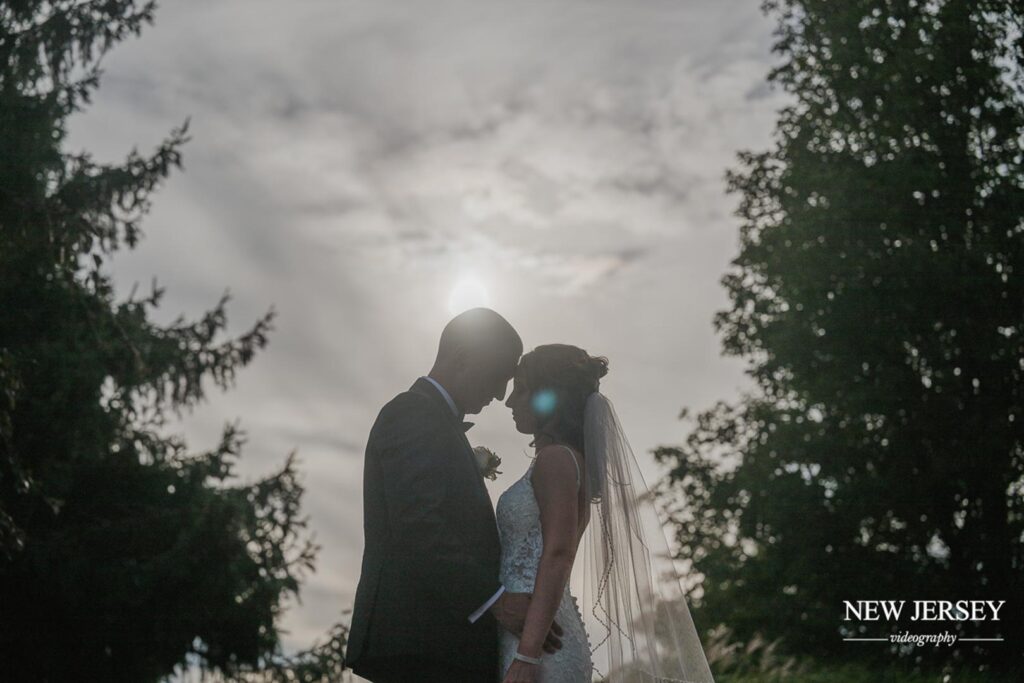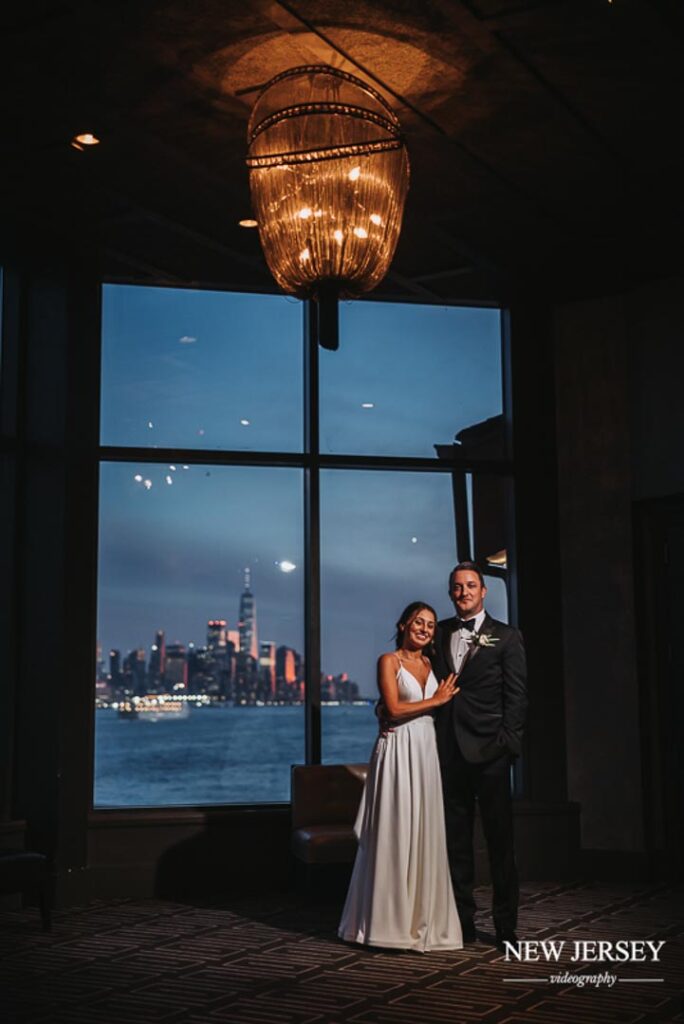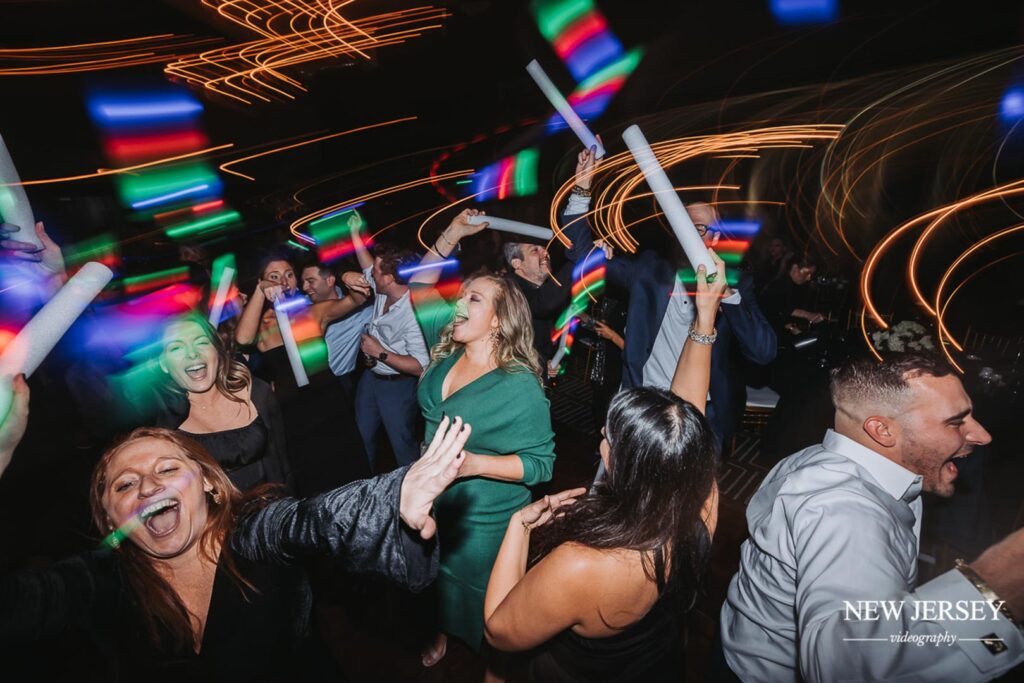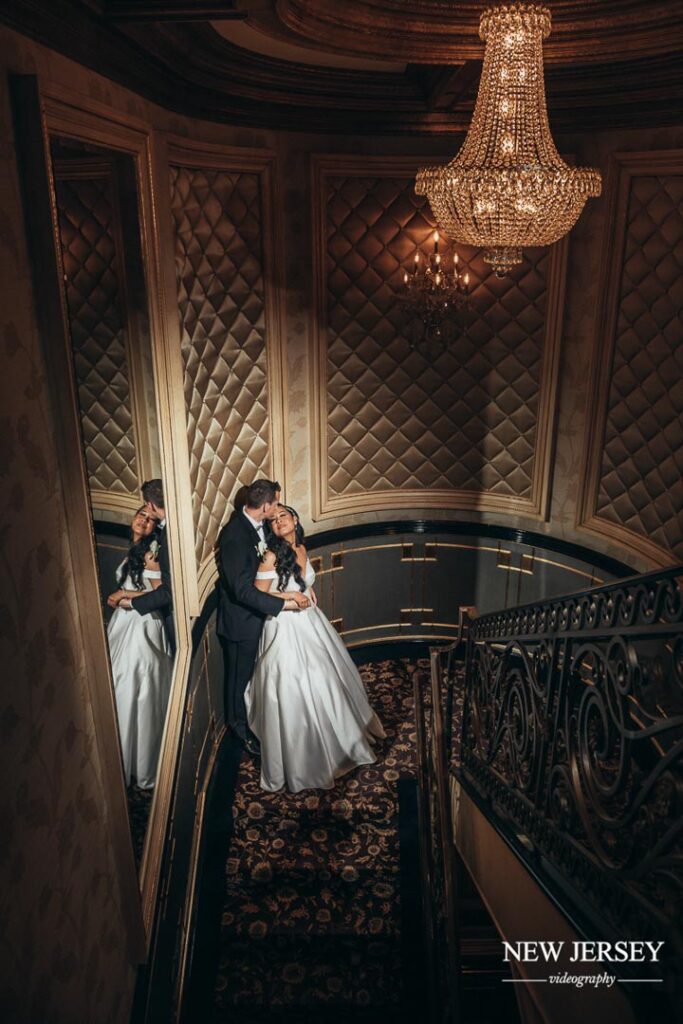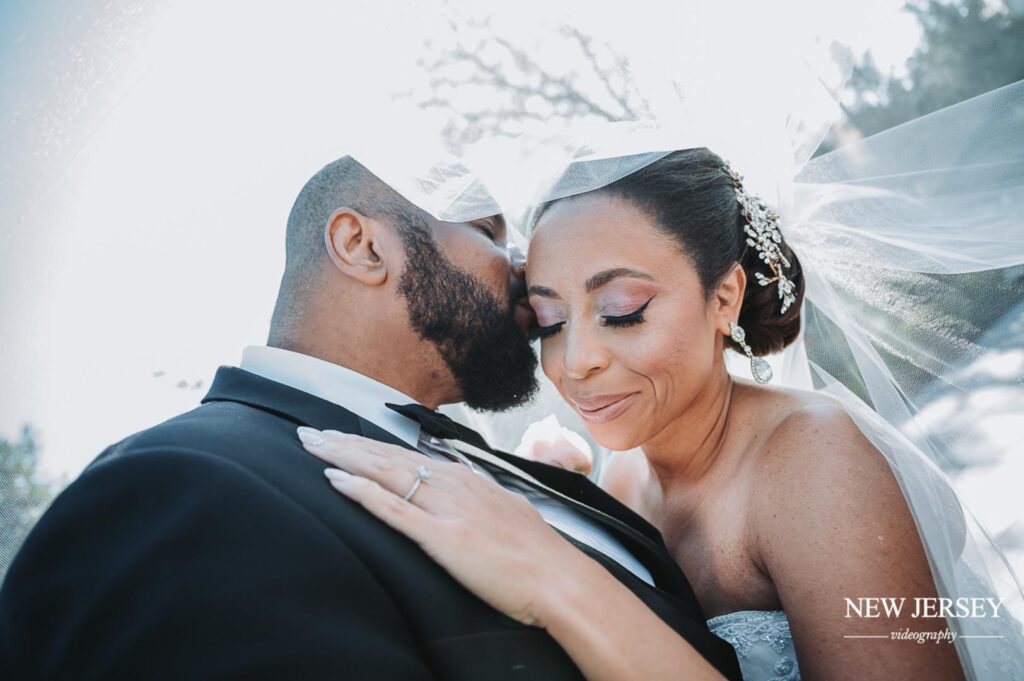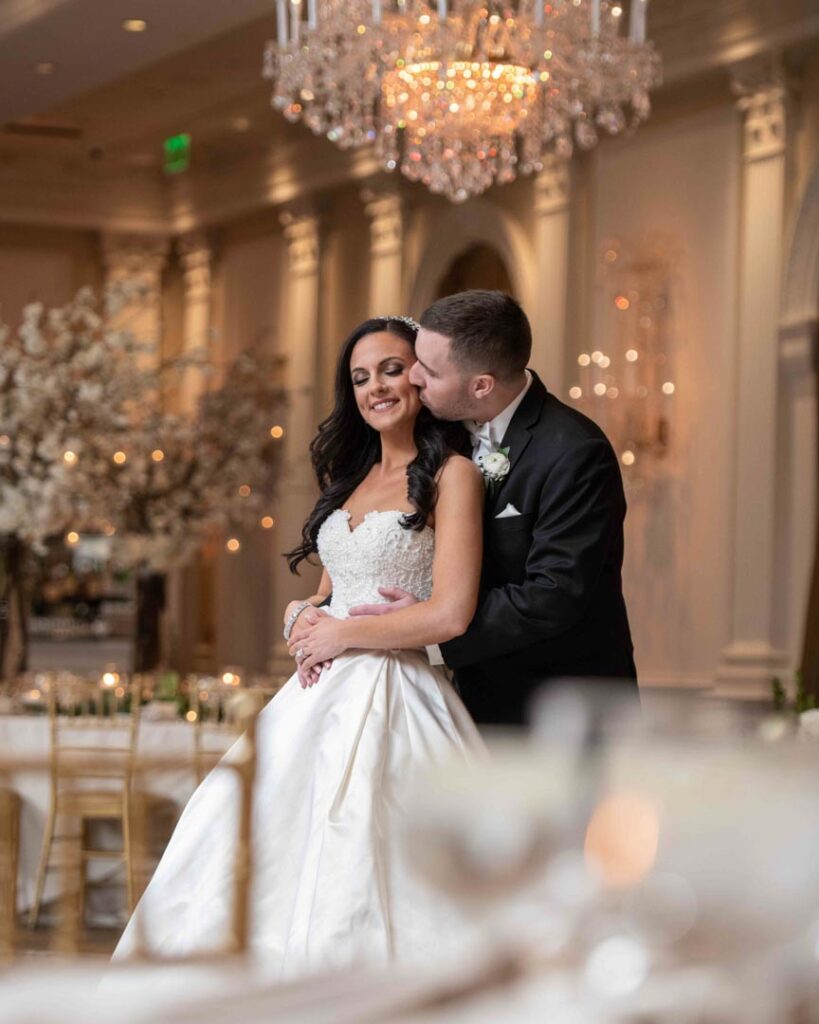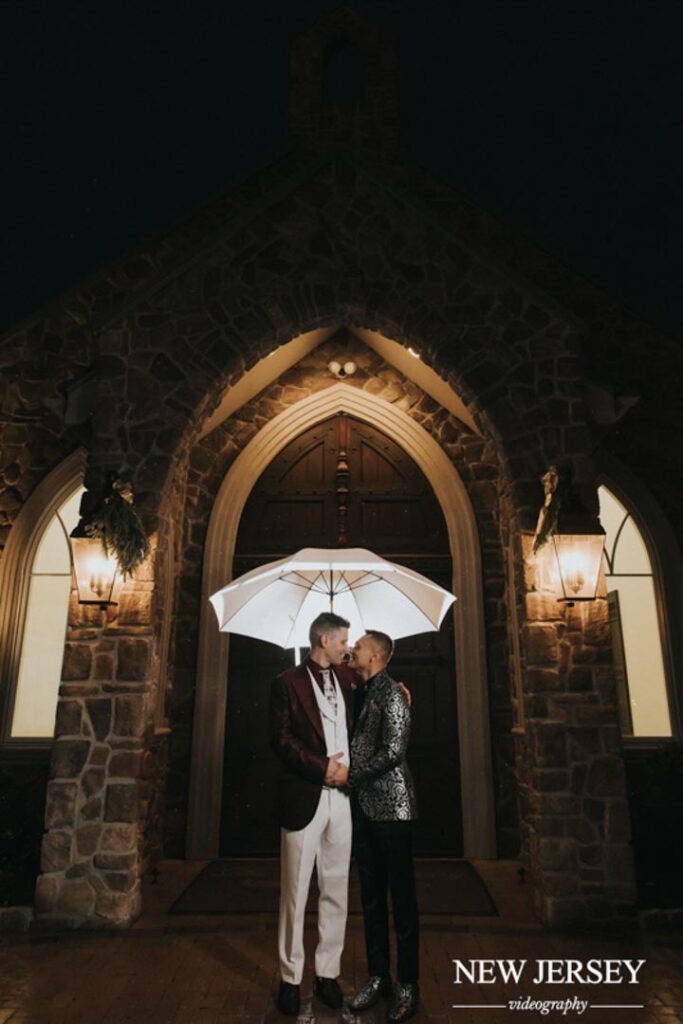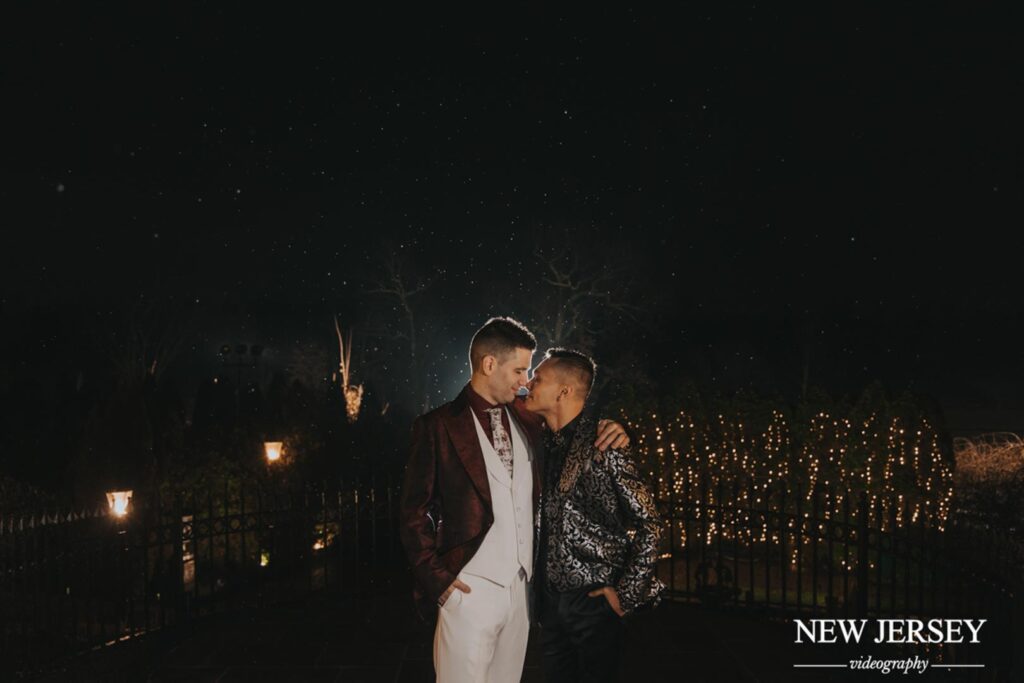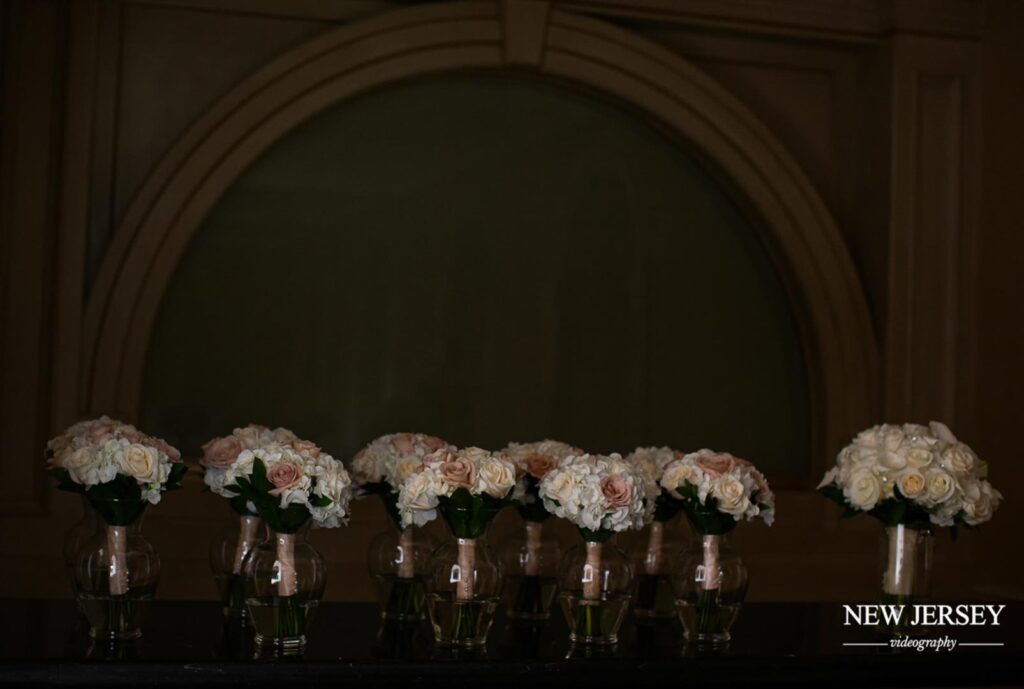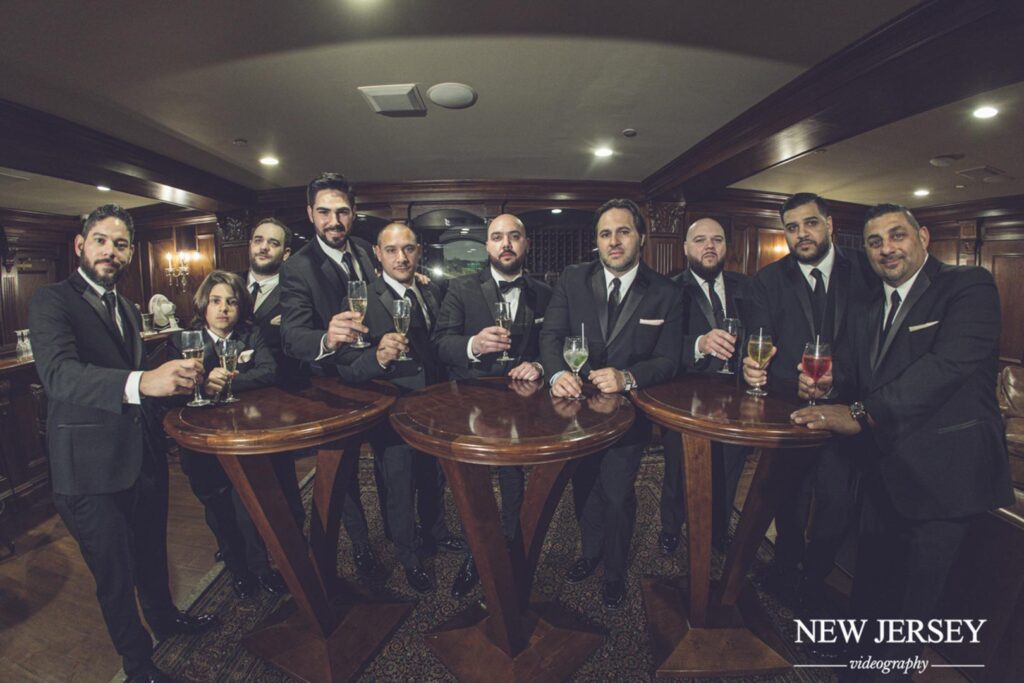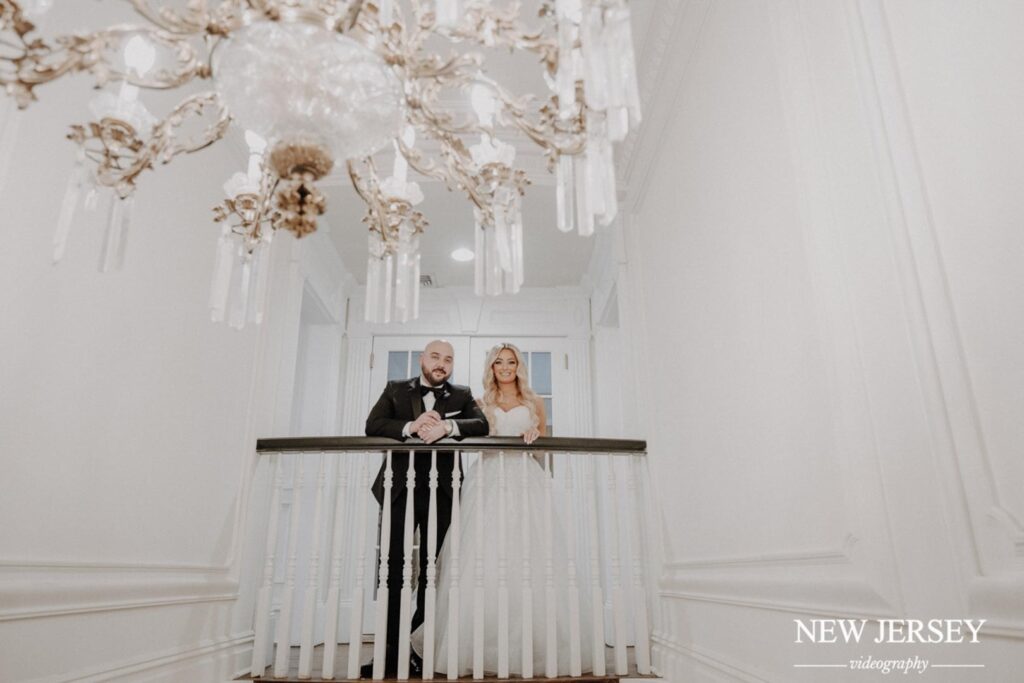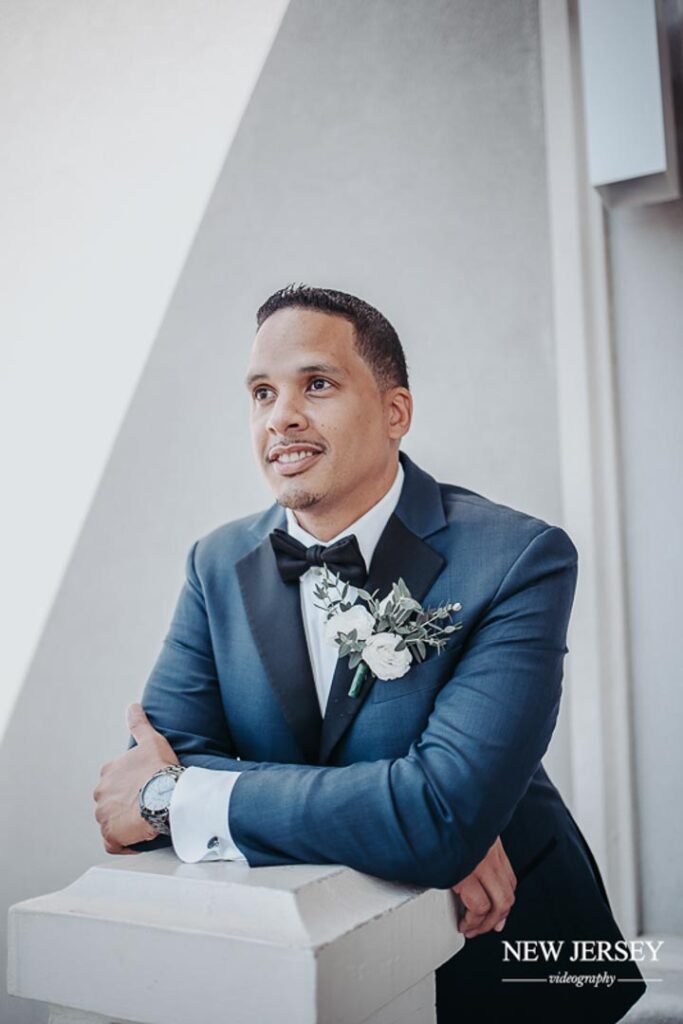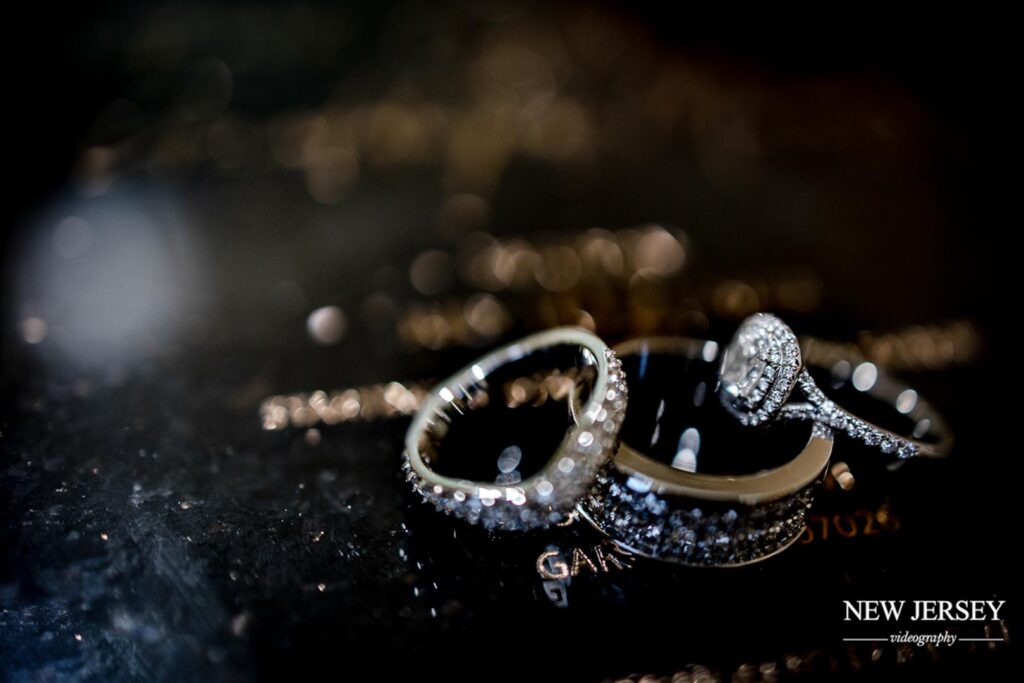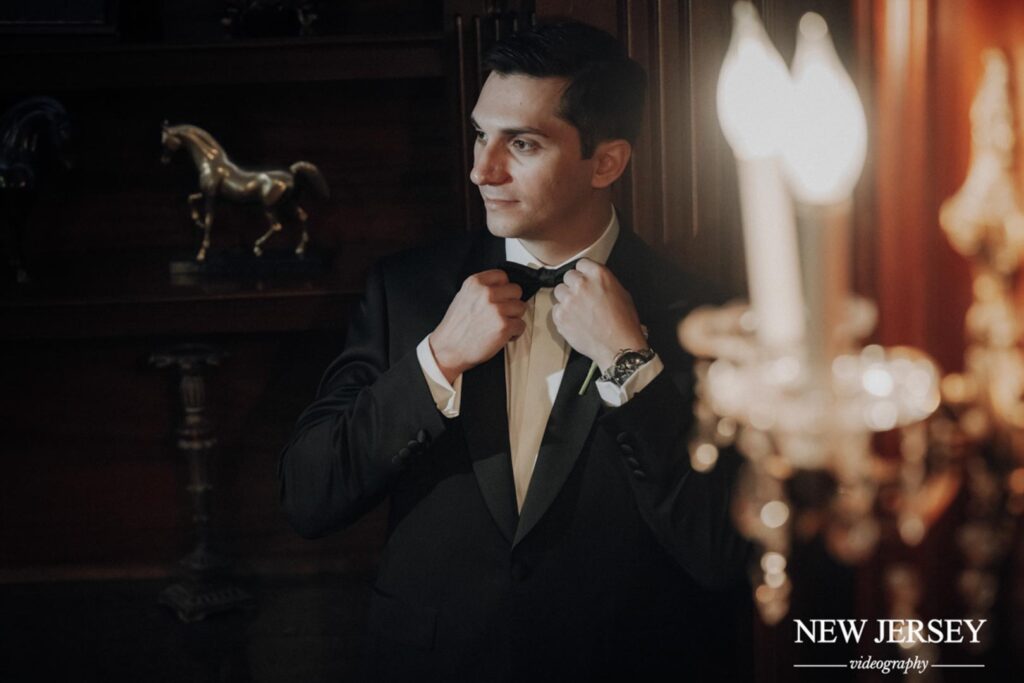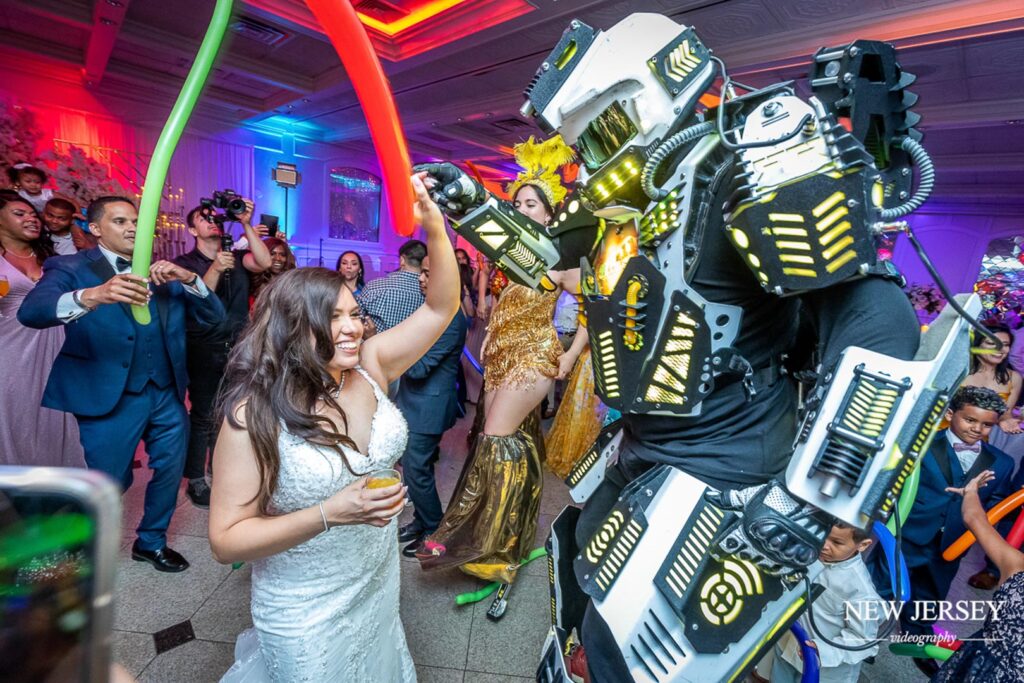Many factors affect the quality of your wedding pictures, from the wedding style to the location. One of the most critical factors is lighting. While amateur photographers may take photos that turn out too light or too dark, expert wedding photographers are prepared to capture the most memorable moments of your wedding day in any lighting situation. And they have the equipment and know-how to edit the pictures when they’re not perfect.
Wedding photography lighting needs to be considered not only for wedding photography, but also for other types of photo shoots that mark an occasion, such as engagement photos and family portraits. When you’re looking for an NJ photographer with extensive experience in all important occasions, your best choice is New Jersey Videography.
What Types of Lighting Are Used in Wedding Photography?
Your photographer must consider two main types of wedding photography lighting, and each provides a unique look for your wedding photos. The types of lighting your photographer has to deal with include:
- Natural lighting. Photographers often take advantage of natural lighting sources whether outdoors or indoors. This uses light that’s already present and allows a scene to evolve naturally without having to stop to adjust lighting equipment. Certain times of day, like sunrise and sunset, create particularly stunning shots. Seasonal photo shoots outdoors provide equally exquisite photo shoot opportunities.
- Artificial lighting. This type of lighting involves the use of various types of special equipment, like flashes that provide additional lighting in dark scenes when little outdoor ambient light is available. Artificial light is also ideal for shooting traditional poses and portraits.
Using natural lighting rather than a lot of lighting equipment usually helps subjects feel relaxed, but it may not be an option on rainy days or in locations that are poorly lit, which is why it’s tantamount to rely on professionals who make your guests feel at ease in any situation. Most photographers use a combination of natural and artificial lighting.
What Are Some Lighting Considerations for Outdoor Wedding Photography?
Wedding photography lighting for outdoor weddings can be challenging because the amount of light available frequently changes. Skilled wedding photographers plan ahead so they’re prepared for changing conditions. In outdoor settings, some things photographers consider include:
- The timing of the sunrise and sunset
- How sunny it may be during the hottest part of the day
- How much shade is available, particularly if the ceremony is on an especially sunny day
- The direction of the sun at the time the wedding is scheduled
The best wedding photographers in NJ are experienced in taking wedding pictures at many different types of outdoor locations, from beaches and mountains to urban settings. They’re knowledgeable about taking advantage of outdoor natural lighting and using it to produce the most flattering pictures.
What Are Some Lighting Considerations in Indoor Wedding Photography?
Photographs taken inside wedding and reception venues can be challenging for a variety of reasons. One of the most important considerations is whether a flash is allowed at the indoor location, as some churches prohibit it. Even when a flash is allowed, photographers must avoid being invasive to your ceremony and guests. Ways that using a flash can be helpful include:
- Adding more contrast to a photo
- Freezing action, allowing a shot at slower shutter speeds
- Inserting details when balanced with ambient light
- Using an external flash bounced off a wall or ceiling to create a more natural look
- Acting as a second light source when part of the image can’t be clearly seen
Professional wedding photographers rely on a variety of tools and techniques to obtain the desired lighting. A raw on-camera flash is an efficient way to push light toward subjects and allows photographers to be agile when trying to keep up with moving subjects. Remote strobes can provide dramatic lighting or illuminate an entire venue with soft lighting, but strobes need to be set up with a light stand, transmitter and radio receiver.
What Happens When Using a Flash Isn’t Allowed for Wedding Photography Lighting?
In locations where using a flash isn’t allowed, wedding photographers get creative and use the available light at a venue, which is known as ambient light. Options for working with ambient light indoors include:
- Positioning subjects near a large window
- Using backlighting or side lighting to find the most flattering angle
- Having subjects tilt their faces toward or away from the light to highlight their faces
- Changing overall brightness of the room by turning some lights on or off
Ambient light can create beautiful, natural-looking pictures as long as the venue has good lighting. Some venues may have lighting that’s difficult to work with, such as colored or low lighting, which is one more reason to rely on wedding photography lighting experts who are experienced with shooting in difficult lighting situations.
There’s no need to settle for a wedding photographer who isn’t skilled in making the best of whatever the lighting situation may be on your wedding day. Contact the skilled photographers at New Jersey Videography. They use top-of-the-line wedding photography equipment and have extensive experience with wedding photography lighting, as well as wedding photo editing to improve any photos that appear too light or too dark.
Page Updated on Oct 18, 2024 by New Jersey Videography


